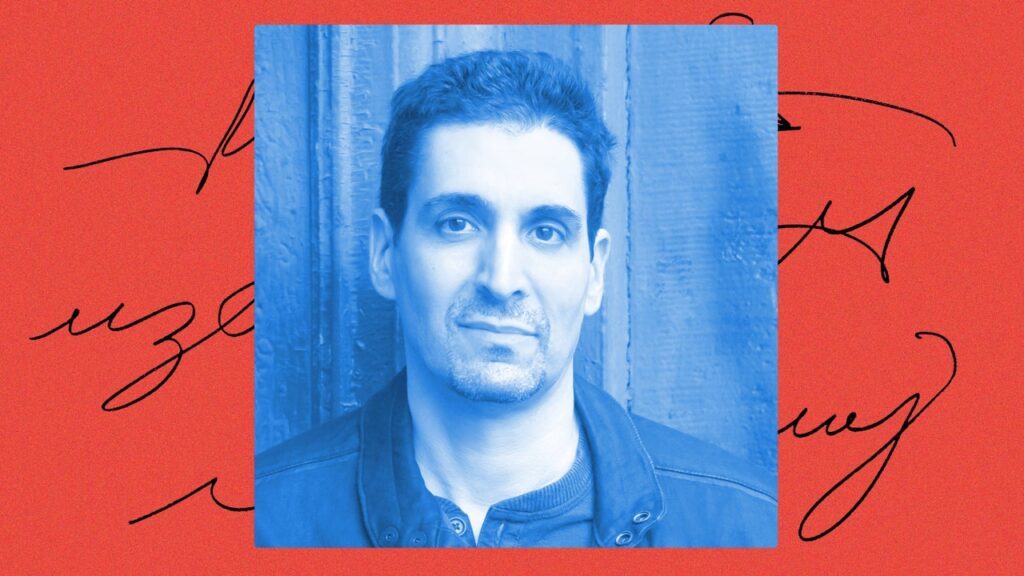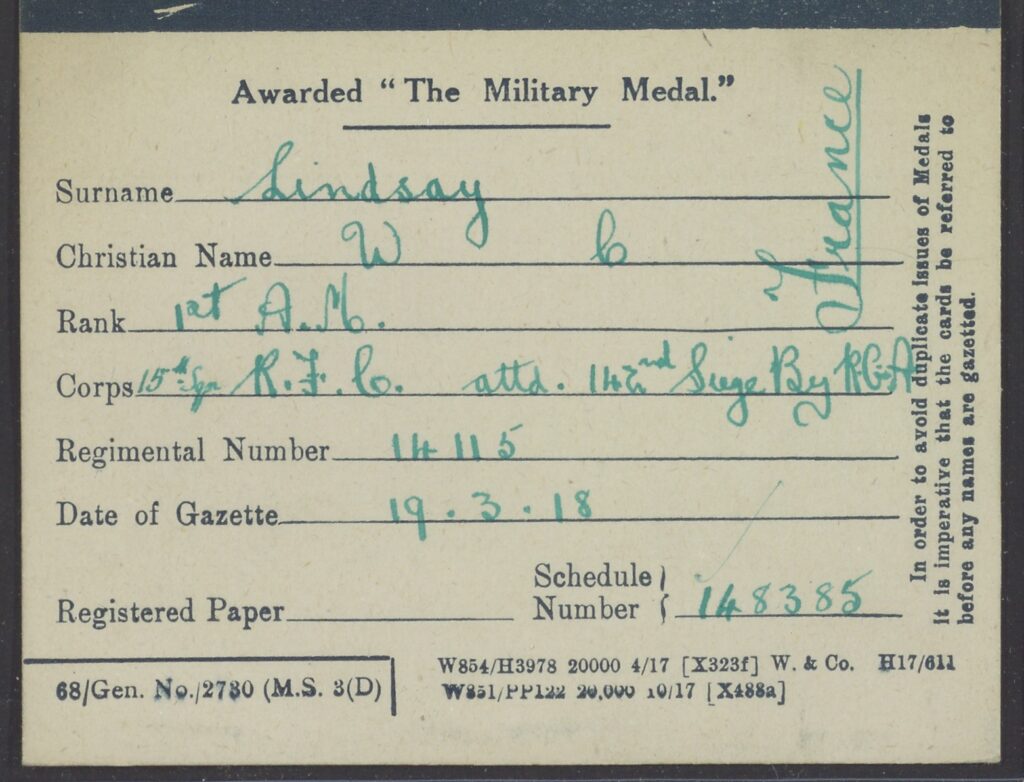The narrator of your story “Minimum Payment Due” is mired in debt and, from the outset, trying to avoid calls from collection agencies. Did you want to write a story about debt?
Yes, that was definitely the starting point. It’s a compelling predicament to have a character embroiled in debt, with its automatic urgency and its built-in stakes, and there seems to be a universality to debt—or at least the fear of it. The question for the reader would immediately be whether or not the narrator will be able to dig himself out of the hole that he’s in. (I wanted the questions of how he has arrived at this place—and more importantly, why—to arise later for the reader.) But I have also been wanting to write a story about indoctrination and groupthink, and what might cause a person to conform. Happily, I was able to combine those two ideas here. There was an early draft of “Minimum Payment Due” where I introduced the idea of the cult in the very first line. In effect, I was giving away something that, in later drafts, would become gradually more clear only as the story drew closer to the end. At the last minute, I decided to open with the phone ringing because (a) it seemed like a much more propulsive way to begin, and (b) I wanted the reader to wonder if what the narrator is becoming involved in is, in fact, a cult. In other words, I decided not to be definitive. In the final draft, the debt is introduced in the first line, and the prospect of the cult begins a few paragraphs later when the narrator is on the phone with Reggie, although it’s oblique, and the narrator—and the reader—will not fully realize this when it appears. As the story progresses, the two threads converge until they’re entwined in the final moment when the narrator is faced with a decision that, on the face of it, appears contradictory: his debt will be resolved if he agrees to sign up for Step One and spend even more money.
It’s clear that the narrator should be earning a good salary—he’s a software engineer at a tech startup; the twenty-third hire, he says—but, as he admits, he’s susceptible to sales. Does he have any kind of control over his desire to consume?
It certainly doesn’t seem that he has much control. He orders Tony Robbins’s book because it shows up on his Instagram feed, he eats at the Outback Steakhouse because a menu was slipped under his front door, he buys a new pair of shoes because he saw a billboard, and so on and so forth. He’s suggestible and easily influenced, and he has very little awareness—or interest—in why he’s doing what he’s doing. This behavior is not something that’s completely foreign to him. Indeed, he acknowledges that there are a lot of things he does that he doesn’t know the reason for doing. I considered titling the story “Algorithm” as a way to emphasize how his actions were being guided by those things he can’t fully detect, which include his unconscious. “I’m easily swayed,” he tells the therapist that he sees for a few months. But, when the therapist suggests to him that he “dig deeper” to find what lies beneath the surface of his statement, he can’t. He doesn’t want to go below. He doesn’t want to face what’s there. What he really wants is a quick fix—who doesn’t?—but one which therapy, by its nature, can’t provide. This is what Reggie’s so-called school offers him: total transformation in a few days. Interestingly, it’s only when he’s at Reggie’s graduation that he’s able to show some amount of resistance, at least temporarily, from succumbing to the sales pitch from the woman in charge and signing up for Step One. But the woman in charge intuits this and she implores the audience, i.e., the narrator, to stay open-minded, which is another way of saying, allow yourself to be susceptible. In this instance, that’s the last thing he should be doing. Sometimes being close-minded is in our best interest.
He thinks he’s talking to a debt collector during one phone call, but the caller turns out to be his childhood friend Reggie. They’ve been out of touch for several years, after Reggie was downsized from the mailroom of the tech company, but now he’s calling to say that everything’s finally come together for him. Did you always know that Reggie was going to show up in the story?
I always knew Reggie was going to show up when I decided to write about debt. (Fun fact: I also knew that the woman in charge would make an appearance, but everything else was conceived later, including Tony Robbins, the therapist, and the young woman in the audience.) Reggie is a pivotal supporting character, and I needed him to get the plot going. If not for his phone call at four o’clock in the afternoon, there would be no inciting incident that brings the narrator—and the story—to their moment of crisis at the end. How else would I have got the narrator to the Wyndham Hotel & Resort? So, on one level, Reggie is instrumental to the plot, but on another key level, Reggie is instrumental in getting into the psychology of our narrator, or, more specifically, his world view. We learn that he has mostly idealized Reggie’s life, despite his struggles with poverty and trauma. When the therapist asks the narrator to talk about his past, he can only think of Reggie’s past. As the story closes, the narrator co-opts—or better, appropriates—Reggie’s life when he’s speaking to the young woman beside him in the audience. He doesn’t see his own life as being of much value, certainly not worthy of being talked about. Or to put it another way, he’s plagued by the concept of his privileged upbringing—middle class, private school, two-parent household—and thinks he has no excuse for his current predicament, which doesn’t really count as a predicament in his eyes: “And debt wasn’t a story. Debt was a lack of foresight.” If I didn’t have Reggie, I don’t think I would have been able to give voice to this existential dilemma.
The narrator is a keen student of the maxims of Tony Robbins. He also started seeing a therapist. Can either Tony Robbins or the therapist help the narrator? Is one more useful than the other?


